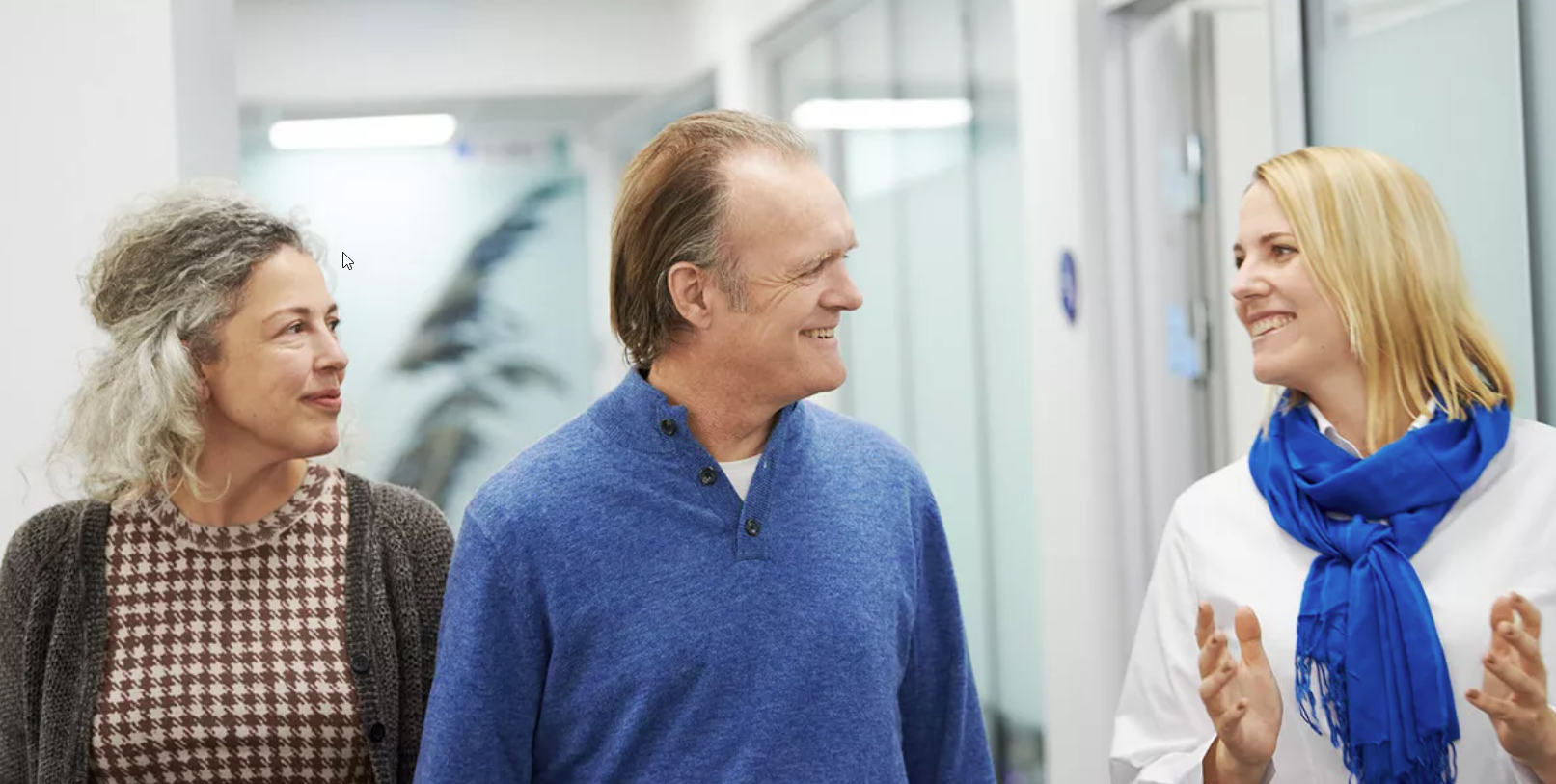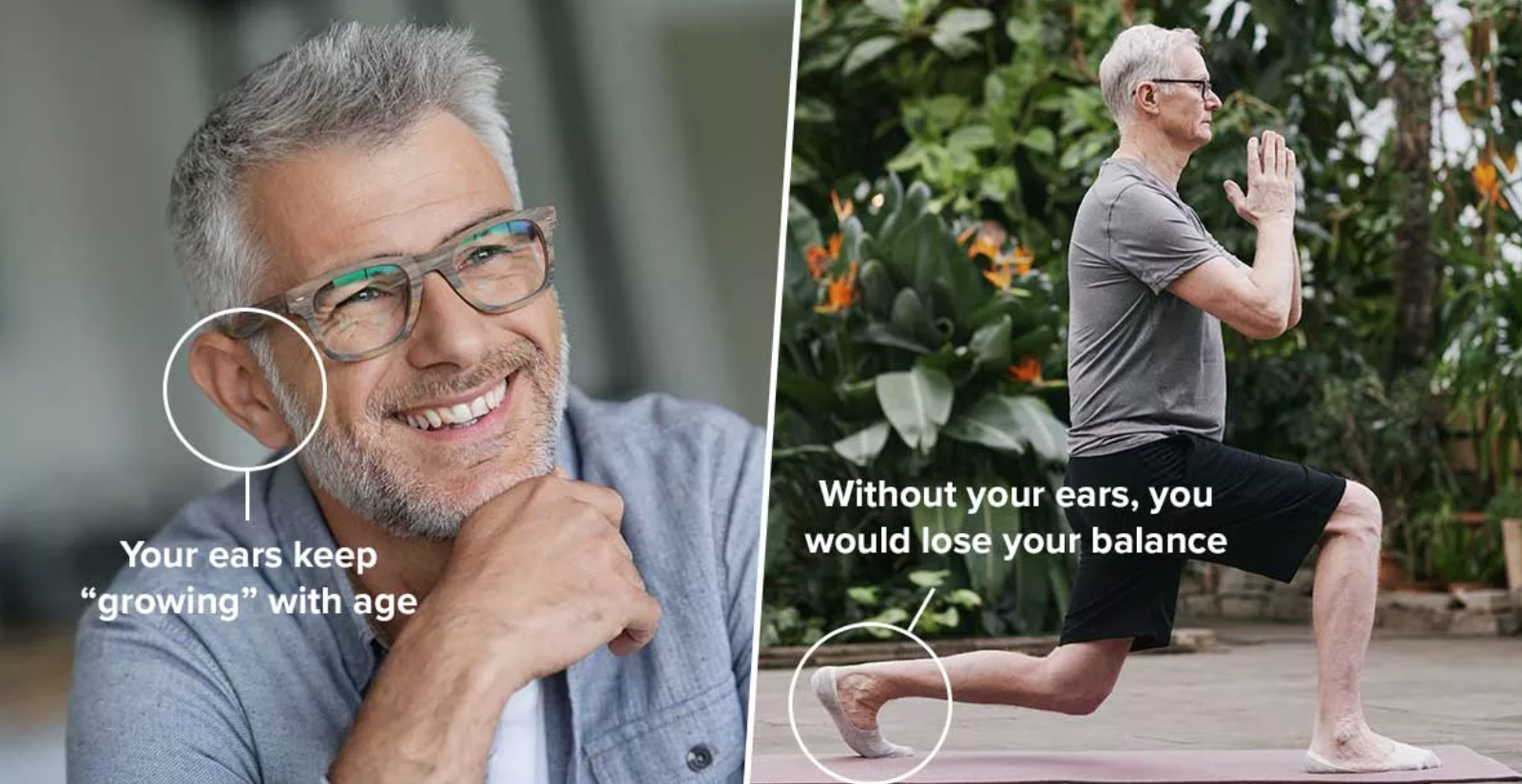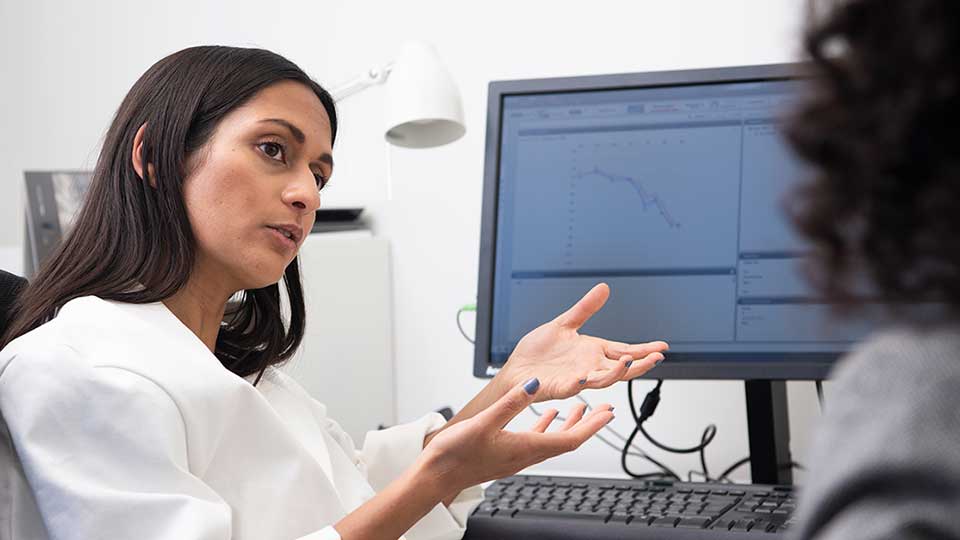Congratulations! By getting hearing aids you’ve taken a big step towards better hearing. As you get used to wearing your new devices every day, here are a few tips to help.
Your ears take time to adjust to hearing aids
Hearing loss often happens gradually, over many years. This means we don’t notice it declining. Then one day you get hearing aids and switch it back on at once!
This can be quite a change, so it takes time to get used to it. Sounds you haven’t heard for a long time are suddenly available again. Things like your own footsteps and your own voice can sound different, or too loud.
This is because we hear with our brains, so our brains must re-learn how to process and make sense of all the new sound information that is coming in.
This takes a little time, so prepare yourself and remember – it will soon feel normal again.
Remember that no one can hear everything
It is quite common after people get hearing aids to think that their new devices are not doing enough.
This can be because over the years they have forgotten how it actually is to hear normally. Then, when they get hearing aids, they can be disappointed that they can’t hear what’s happening at the other end of a crowded dinner table.
If this sounds familiar, remember that people with normal hearing can’t hear everything either!
So while you get used to your new hearing capabilities, try not to turn the volume up too much, and don’t adjust the programme too often either. Just try to get a very general feel for your hearing aids at first.
Use your hearing aids as much as possible
As you get used to your new hearing aids, it can be tiring at first. As your brain adjusts, it demands more mental energy to begin with. Some people get tired after a few hours each day, and feel like taking them off.
This is okay to begin with – you have to get used to them. However, it’s important to keep pushing how long you wear them for, to try to wear them for as long as possible each day.
It is also important to wear them in quiet environments, even though you might feel they’re less useful. But even using them alone at home will help your brain get used to them more quickly.
Keep your hearing aids safe when you’re not wearing them
Your new devices are tough, but they’re not indestructible. So when you do take them off to shower or go to bed, ensure they are safe.
Store them out of the reach of children and pets. Not only can your hearing aids become damaged, but hearing aid batteries can be dangerous if swallowed.
Contact your doctor or vet if a battery or hearing aid is accidentally swallowed.
It is important to keep hearing aids away from damp places like bathrooms, and from dust and dirt. So it’s a good idea to get a hearing aid hard case to keep them safe when you are away from home, such as at the beach or swimming pool.
Reset your hearing to normal
You can help to readjust your hearing to the world. If you’ve had the volume turned up high on your TV, ask someone with normal hearing to set your TV volume to a normal level, and then keep it there. Then you will know it’s at an average level while you get used to your new hearing aids.
You might like to try watching the TV with subtitles on, to help retrain your brain to connect sound and language. You can also get used to your devices by closing your eyes and trying to hear where sounds are coming from.
Go for a follow-up meeting for adjustments or help
After a few weeks, you should be used to your hearing aids, and you’ll have a good idea of how well they suit you – and whether they need adjusting. However, this is very difficult to judge until you have used them every day for a good amount of time.
Some people find their hearing aids work well from the first fitting. However, sometimes, people find some things are too loud in certain situations. Or perhaps they can’t hear high frequencies as well as others.
This is because fitting hearing aids to your ears is very precise. The sound that your hearing aids make will be minutely tailored to you. So you may need your hearing care expert to make a few tweaks.
Write down any issues with your hearing
If you go back to your hearing care expert to get your hearing aids adjusted, they will probably ask you about the previous weeks. This can be very difficult to remember! So it’s a very good idea to keep a diary or make notes about any issues. Then you can easily remember everything when you are sitting in a meeting and have to tell them about your experiences. It can also be a great help to bring a relative or friend along, since they will bring their own perspective, and may have noticed things that you have not.





